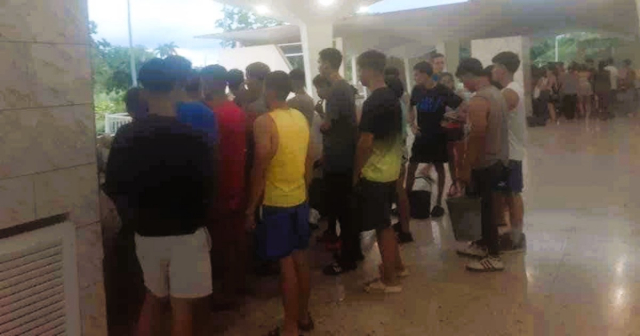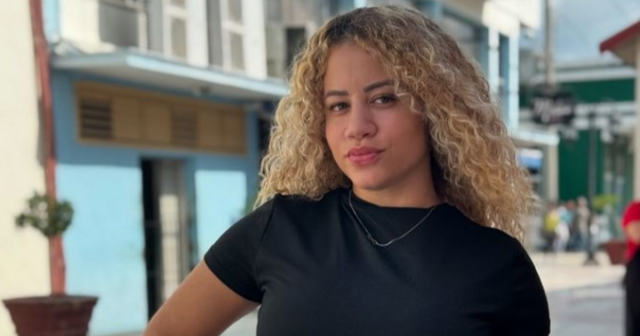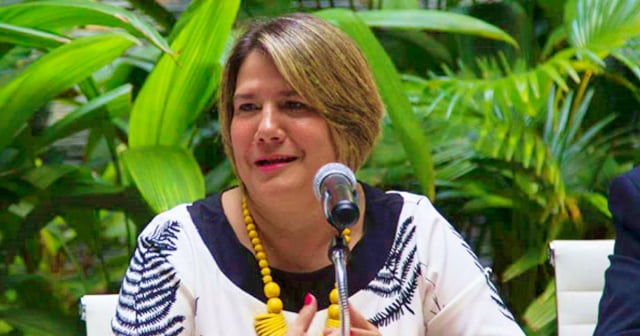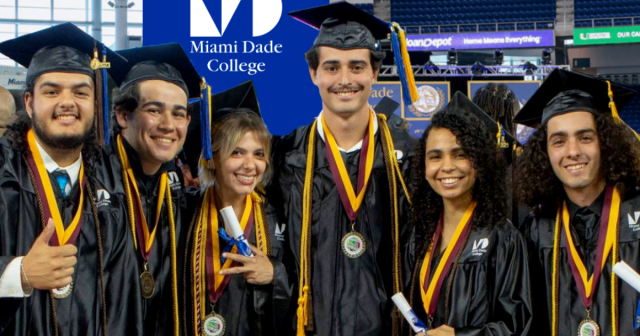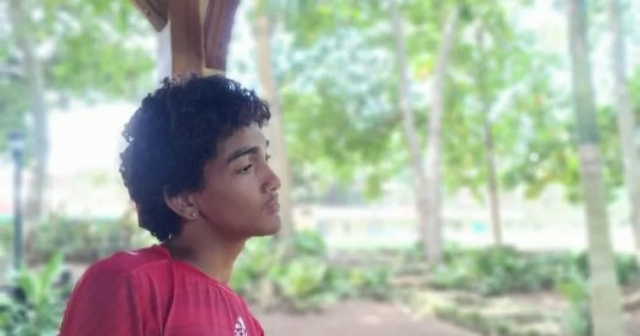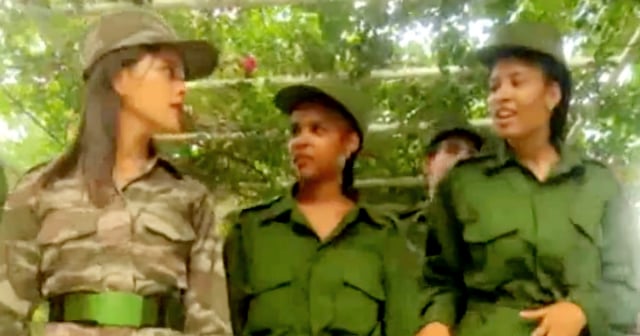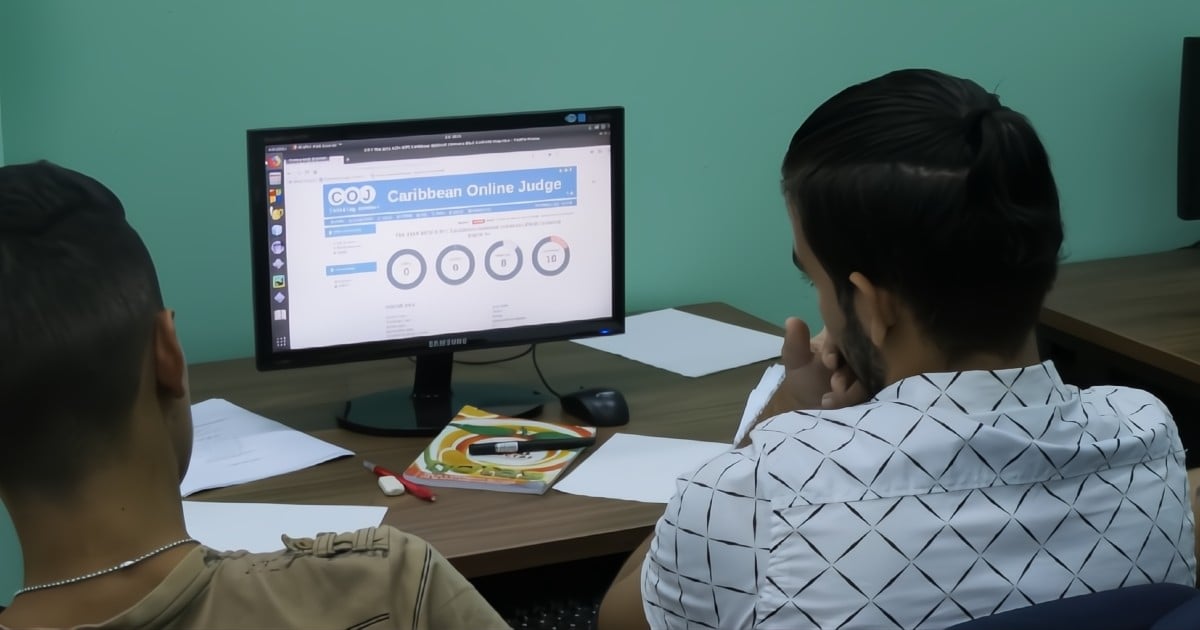
Due to the passage of Hurricane Rafael over the island, Cuban students from the University of Havana received a special spot to attend the World Semifinal of the International Collegiate Programming Contest (ICPC), which will take place in Brazil in March 2025.
"The Steering Committee of ICPC Caribe has confirmed that, due to the damage caused by Hurricane Rafael in Cuba, the country was unable to host the Caribbean Final 2024 of the ICPC programming contest. In response to this situation, ICPC LATAM has approved a special allowance for the team 'The Chefs' from the University of Havana, which became the champion of the Cuban qualifier on October 5, 2024, ensuring them a spot in the World Semifinal to be held in Brazil in March 2025," reveals information from the official site Cubadebate.
The decision was supported by institutions from the Dominican Republic, Puerto Rico, Trinidad and Tobago, and Antigua and Barbuda.
Another of the exceptions approved for Cuba is that students who participated for the last time in this cycle will be able to compete next year. The University of Holguín has been designated as the venue for the event in 2025.
The International Collegiate Programming Contest (ICPC) is an annual programming and algorithmic competition among universities worldwide, emphasizing teamwork, problem analysis, and rapid software development. The ICPC hosts autonomous regional contests across all six continents, culminating in a global final each year. In 2018, ICPC participation included 52,709 students from 3,233 universities in 110 countries.
The ICPC is a team competition. The current rules stipulate that each team must have exactly 3 members. The members must be university students who have studied for less than 5 years at the university before the contest. Students who have competed in two World Finals or five regional competitions cannot participate again.
During the competition, teams have about 5 hours to solve between 8 and 15 problems (typically 8 for regional competitions and 12 for the finals). Solutions must be programmed in C, C++, Java, Ada, Python, or Kotlin (while it is not guaranteed that all problems can be solved using any of these languages, the ICPC stipulates that judges will have solved all problems in Java and C++, both for regional contests and the world finals).
The programs submitted by the teams are compiled and executed with specific input data. If the program fails to compute the solution, the team is notified of the error and can resubmit the program or try with different problems.
The winner is the team that solves the most problems. If there are teams tied with the same number of problems solved, the ranking order is determined by the time taken to solve the problems, with the faster teams receiving a higher placement.
The finals of this year took place from September 15 to 20, 2024, in Astana, Kazakhstan.
What do you think?
COMMENTFiled under:

